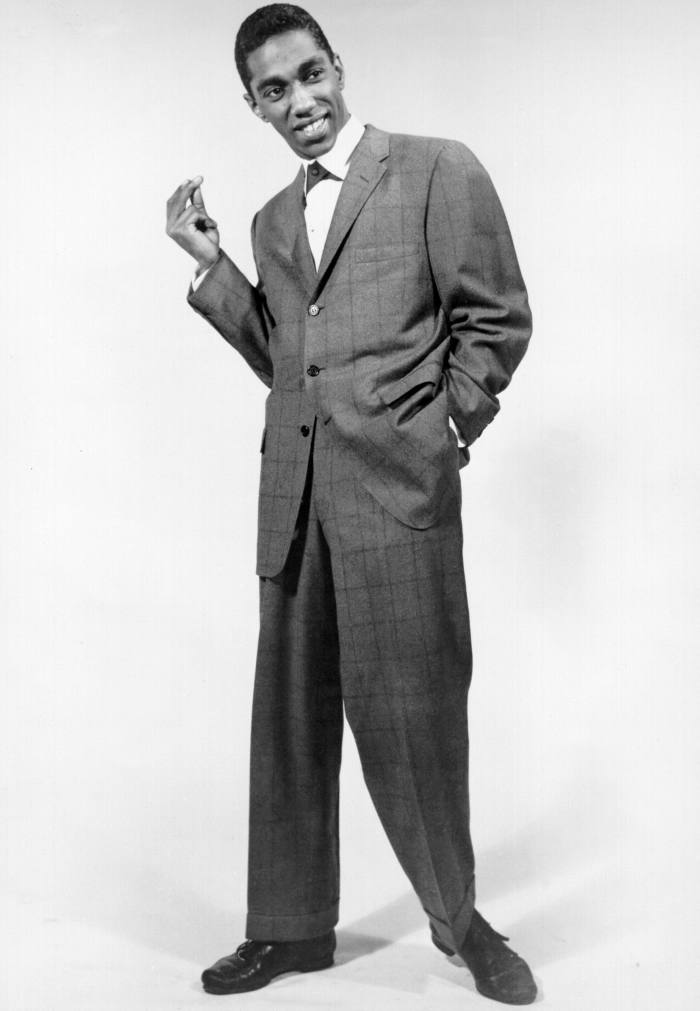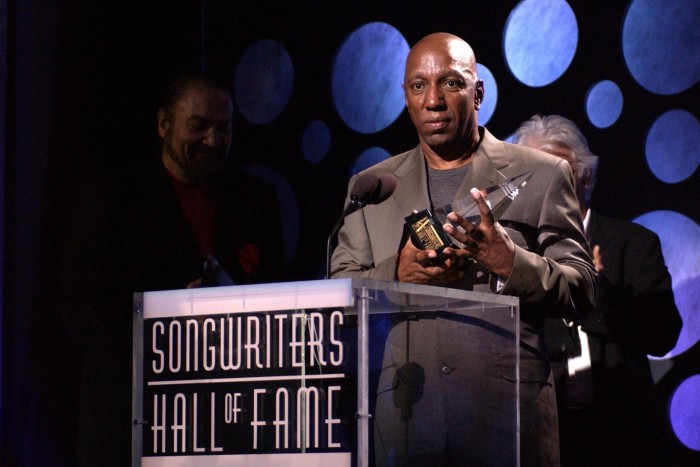Barrett Strong, songwriter and musician, 1941-2023
“Songs outlive people,” Barrett Strong told The New York Times in 2013. The Motown songwriter, who has died aged 81, made the remark ruefully, convinced he had not been properly recompensed for the hits that he co-wrote. But they will outlive him in another sense. Posterity will pay tribute to him every time someone listens to “I Heard It Through the Grapevine” or “Papa Was a Rollin’ Stone”.
Strong’s name is inextricably connected to Motown Records, the great Detroit label that dominated soul and pop in the 1960s. He grew up in the city, having moved there from Mississippi as a child. When he first met Motown’s founder, Berry Gordy, in 1957 Strong was a teenager, performing with his four sisters in a gospel group named The Strong Singers. From that encounter would emerge the first hit for Gordy’s fledgling label.
“Money (That’s What I Want)” came out in 1959 with Strong as lead vocalist. An infectious hip-swinger about the love of lucre, at once brazen and innocent, its genesis lay in a pounding Ray Charles-style piano vamp that Gordy heard him playing one day. “What’s that?” Gordy asked, in Strong’s telling. “I don’t know,” he answered. With customary vim, Gordy tricked out the riff into a song. Adopted by an influential local radio DJ, it became a hit. In 1963, a fast-rising group of Motown fans from across the Atlantic covered it for their second UK album, With the Beatles.
A vibrant singer in the gospel-shouter tradition, Strong’s stage career proceeded to head south with a series of singles that flopped. Opportunities were limited by Gordy’s iron grip over Motown. The label’s first million-selling single “Shop Around” was initially intended for Strong until Gordy abruptly decided it would better suit the higher-voiced Smokey Robinson. (The label boss imperiously woke Robinson in the middle of the night to tell him.)
Strong left Motown in frustration in 1961, only to return five years later having failed to develop his music career elsewhere. This time he was hired as a songwriter and paired with the producer Norman Whitfield, a childhood acquaintance. Their first song was “I Heard It Through the Grapevine”, a hit for Gladys Knight and the Pips in 1967. In keeping with Motown’s cost-efficient practices (inspired by Detroit’s car industry), Marvin Gaye had a bigger hit with the same song the following year. His sublimely sinuous version, less jaunty than Knight’s, was how Strong wanted it to sound.
Motown’s working atmosphere was competitive, pitching songwriting teams against each other. But there was a collegiate ethos too, which Strong relished. He modestly recognised himself as a cog in a machine, complementing Whitfield’s production skills and the musicianship of Motown’s in-house band. “Everyone always says, ‘Well, you have to give credit to everyone involved,’ and it may sound corny,” he told Soul newspaper in 1975. “But it’s true.”
Versatility was key to his success — he quickly adapted to different performers and circumstances. He was officially credited as lyricist in his records, although he wrote melodies too. “Songs come in many ways,” he said. “Sometimes, I just hear a phrase, like ‘I heard it through the grapevine’ and soon I get a melody, and then the lyrics come.”
Edwin Starr’s stentorian protest anthem “War” was inspired by the experiences of Strong’s cousin, a paratrooper who was wounded in Vietnam. The song was initially recorded in 1969 by The Temptations, the Motown act with which he and Whitfield had the most rewarding relationship. Strong’s openness to new sounds gave rise to “Psychedelic Shack”, The Tempations’ turned-on, tuned-in classic from 1969, and “Papa Was a Rollin’ Stone”, a funk epic about a fatherless family that topped the charts in 1972.
Such songs refitted Motown’s hit factory for a more radical musical era. But Strong left the label after it controversially relocated from Detroit to Los Angeles in 1972. He tried to relaunch his singing career in 1975 with an impressive debut album Stronghold, but it made scant impression. He recorded a follow-up in 2008.
No footloose rollin’ stone himself, he was married for 35 years to his wife, Sandy, until her death in 2002. He is survived by seven children.
In later life, he spoke regretfully of his decision to sell his songs’ publishing rights. He also had an authorship dispute with Gordy about the writing credits for “Money (That’s What I Want)”.
Rancour vied with gratitude. “Everything at Motown was basically a team effort, and it worked out fine in the end,” he said in 1999. Money was not all he wanted, and glory will be his for as long as his songs survive.
For all the latest Business News Click Here
For the latest news and updates, follow us on Google News.


